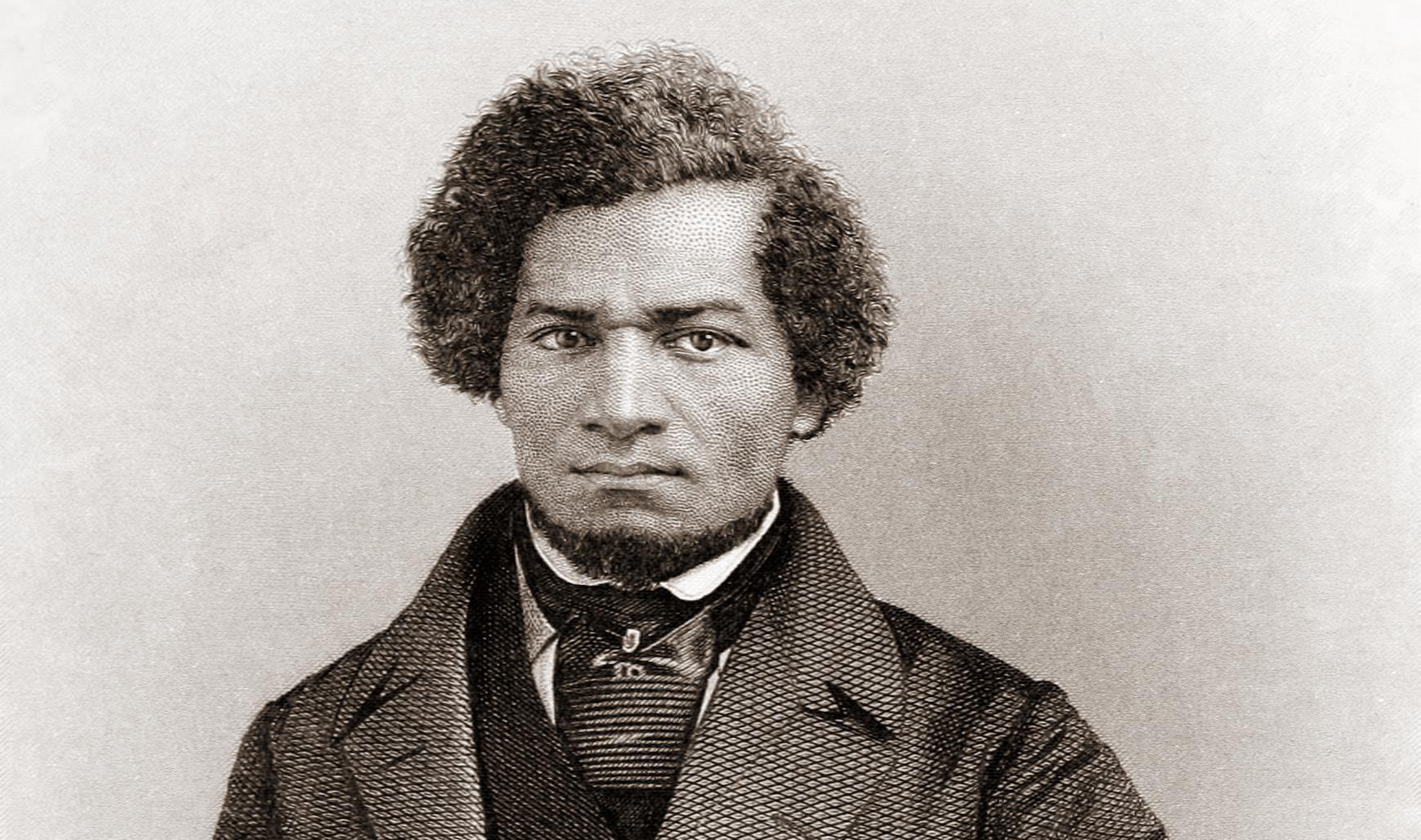
Will Companies Doing Business with the Federal Government Face New Litigation Threats?
Trial lawyers in Louisiana threaten massive liability against Chevron USA for providing high-octane fuel to the American Army in World War II. Will the Supreme Court take the case?
Whether or not the Supreme Court decides to grant a closely watched petition for certiorari from the energy services company Chevron USA, Inc. will have huge implications in the years to come for the energy sector and the American consumer.
The outcome of Chevron USA Inc. v. Plaquemines Parish will determine not only where major oil and gas producers will invest their shareholder capital in the future, but also whether they will instead spend billions on arbitrary and retroactive state court proceedings belaboring events going back to World War II.
While the legal issue is arcane, the practical consequences are enormous for all industries that do business with the federal government. The case asks whether disputes over coastal erosion between bayou municipalities and major energy providers (of which there are currently 43) belong in state or federal courts.
The companies face allegations related to the methods they used to extract crude oil used to produce high-octane aviation gasoline during WWII, when U.S. energy producers responded to President Franklin D. Roosevelt’s order to provide “adequate supplies of petroleum for the successful prosecution of the war.”
Today, on the eightieth anniversary of the Allied victory, Louisiana trial lawyers are opportunistically asking for billions in liability, using friendly state courts to claim that those WW II federal production activities by oil companies make them liable for the 2,000 square miles of Louisiana wetlands and barrier islands lost to coastal erosion since the 1930s. The claims ignore years of research and findings that the early 1900s levees on the Mississippi are the main culprit.
Not only does this jurisdictional issue affect whether trial lawyers will succeed in racking up tens of billions in judgments against American oil and gas companies, it also establishes a precedent to ensnare future military contractors, health care companies, and other federal contractors in hostile state court litigation. Last month, in another coastal erosion case tried in a Louisiana court, a jury returned a $744.6 million verdict based on liability theories that federal courts have rejected.
The energy companies are relying on their right under federal law to remove cases from state court that “relate to” federal contracts. It is obvious in the Chevron case that the methods used to extract crude oil were to satisfy federal contracts for aviation fuel. When dealing with wartime military contracts, it’s nonsensical, to quote former Chairmen of the Joint Chiefs of Staff, Richard Myers and Michael Mullen, “to force additional procedural hurdles and extra clauses to make crystal clear that the materials needed for the end-product do indeed ‘relate to’ the federal directive.”
Indeed, over-lawyering is not what drove the Allies to victory. When a lack of fuel halted the Third Army in August 1944, General Patton explained as much to General Omar Bradley: “Dammit, Brad, just give me 400,000 gallons of gasoline, and I’ll put you inside Germany in two days.” If trial lawyers had their way then, U.S. petroleum companies would have been embroiled in depositions, not helping American and Allied reinforcements overcome fuel shortages after the Normandy landing.
A finding of no federal relationship in the land-loss litigation would whitewash the productive war-era collaboration between the energy industry and the government. It would also override the plain language of the federal removal statute by remanding the cases to state court. As many historians have pointed out, the massive wartime increase in oil and gas production was the product of “an effective government-industry combine.” FDR recognized the oil industry’s crucial ability to mobilize capital and technology to fuel Allied bombers, ships, tanks, and trucks. He appointed his close confidant, Interior Secretary Harold Ickes, to head the Petroleum Administration for War (PAW), a special agency created in 1942 to ensure sufficient energy supplies for the war effort. For that reason, three-fourths of the PAW’s senior staff were recruited from petroleum companies.
FDR’s energy bet paid off. By 1945, the United States was producing 514,000 barrels daily of high-octane gasoline, more than twelve times the total production capacity in 1940 and enough to supply 90 percent of the Allies’ aviation fuel requirements. Even Stalin, a sworn enemy of Western capitalism, couldn’t help but raise a glass to “the American oil industry” during the war’s darkest hours.
Instead of learning the correct lessons that a productive collaboration between industry and government saved the lives of many Americans during World War II, greedy trial lawyers today would rather punish an essential sector for their own gain. The Supreme Court should take up Chevron’s case and bring an end to this shakedown.
Michael Toth is a practicing lawyer and a research fellow at the Civitas Institute at the University of Texas at Austin.

The Start-Up Paradox: The Coming Red Shift in Innovation
Despite London's success, the future of innovation is securely in American hands for the foreseeable future.

Oren Cass's Bad Timing
Cass’s critique misses the most telling point about today’s economy: U.S. companies are on top because they consistently outcompete their global rivals.

Kevin Warsh’s Challenge to Fed Groupthink
Kevin Warsh understands the Fed’s mandate, respects its independence, and is willing to question comfortable assumptions when the evidence demands it.
Get the Civitas Outlook daily digest, plus new research and events.





.avif)



.jpeg)
